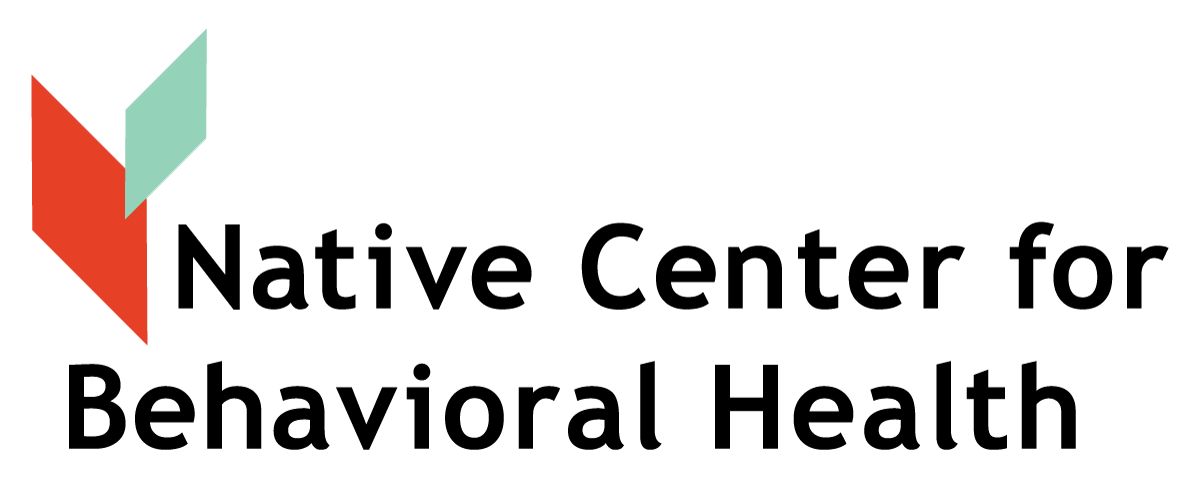988 SUICIDE & CRISIS LIFELINE
The 988 Lifeline provides 24/7, free and confidential support for people in distress, prevention and crisis resources for you or your loved ones, and best practices for professionals in the United States. Learn more here.
CRISIS TEXT LINE
Text Native to Text "NATIVE" to 741741 to be connected to a crisis counselor. Free service. Learn more here.
FOR HOMICIDE SURVIVORS
This document from the Canadian Resource Centre for Victims of Crime offers insights on common emotional and mental effects of losing someone to homicide. Click on the image to the right to download.
ALLIANCE OF HOPE
The Alliance of Hope provides healing support for people coping with the shock, excruciating grief, and complex emotions that accompany the loss of a loved one to suicide. Their website offers resources to help you deal with, and eventually heal from, the pain of your loss.
SUICIDE POSTVENTION RESOURCE
A death by suicide can increase the risk of suicidal thoughts and actions among those close to, or even aware of, the person who died.Developed by Fairfax County, VA, mental health professionals, this document provides guidance for helping people cope following a suicide.
SUICIDE POSTVENTION FOR VETERANS
Postvention is essential for healing after a suicide. This website offers resources specifically for military veterans and their families in coping with a suicide in their community.
Questions? Please contact:
Anne Helene Skinstad, PsyD, PhD
Director, Native Center for Behavioral Health
319-384-1481
Meg Schneider
Mental Health Awareness Training Program Manager
Communications Manager
319-834-9649


The Native Center for Behavioral Health works with organizations and practitioners involved in the delivery of mental health services to American Indian and Alaska Native individuals, families, and tribal and urban Indian communities. The center’s goal is to strengthen providers' capacity to deliver effective evidence-based, experience-based, knowledge-based, and culturally informed practices. This includes the full continuum of services spanning mental illness, prevention, treatment, and recovery support.


